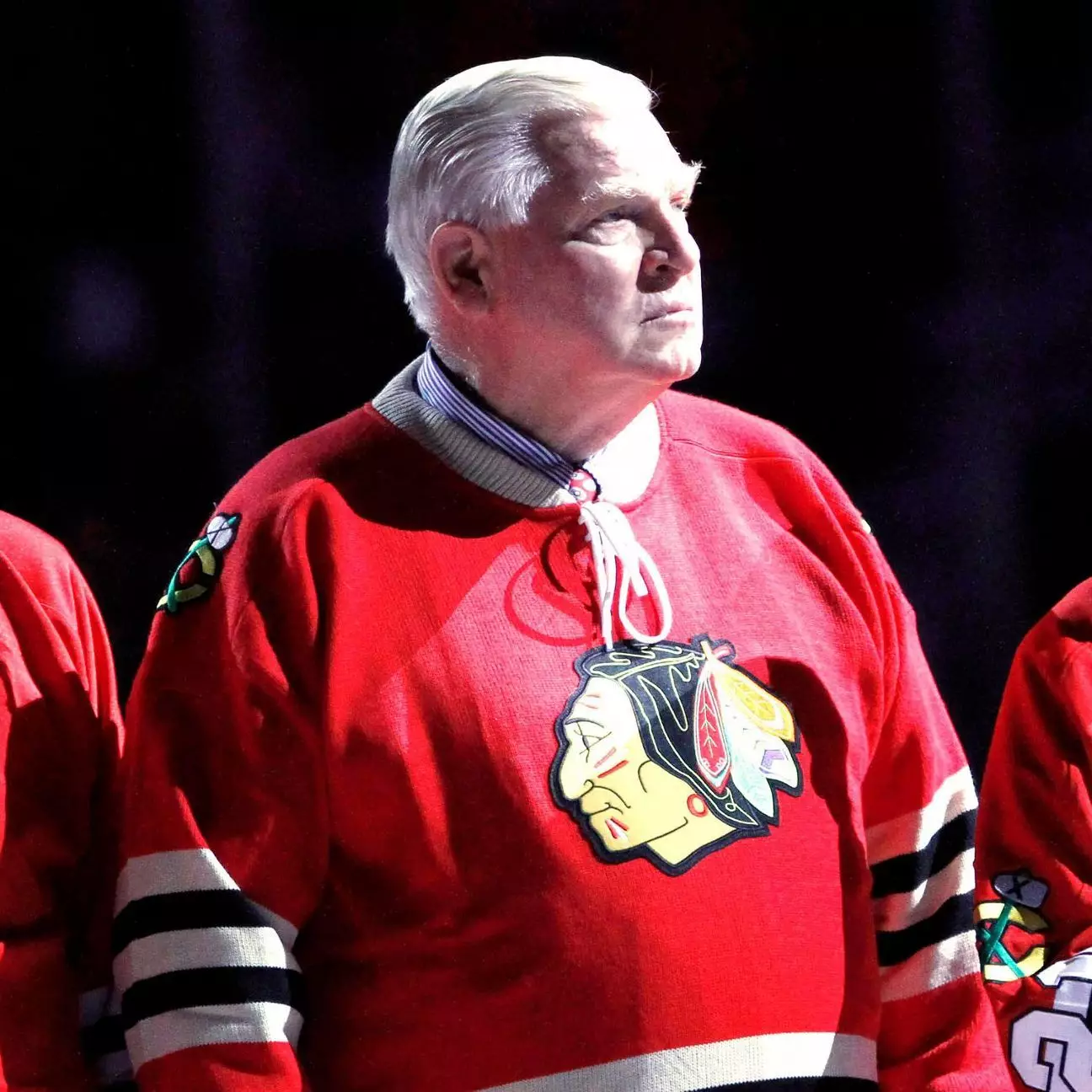Bill Hay, a name synonymous with the Chicago Blackhawks’ storied history, passed away recently at the age of 88, leaving behind a profound legacy. Hay’s journey through hockey began in an environment ripe with the sport’s culture, an influence from his family that shaped not only his career but also his lifelong commitment to the game. His accolades as a player, including winning the Calder Trophy as the NHL’s top rookie in the 1959-60 season, showcased an impactful start to what would become a noteworthy career. Scoring 55 points in his rookie year, Hay established himself as a formidable player and a key member of the Blackhawks’ lineup.
In 1961, Hay contributed significantly to the Blackhawks’ quest for the Stanley Cup, central to the team’s success alongside fellow icons Bobby Hull and Murray Balfour. This dynamic trio, known as the “Million Dollar Line,” not only dazzled hockey fans with their on-ice synergy but also secured the franchise’s first championship in over two decades. The triumph solidified Hay’s status in hockey lore, marking him as an athlete who thrived in competitive moments. NHL Commissioner Gary Bettman articulated the sentiment felt across the hockey community, noting Hay’s dual role as an exceptional player and an ambassador for the sport. His passing resonated deeply, prompting reflections on his commitment to fostering the growth of hockey at all levels.
After concluding his time on the ice in 1966, Bill Hay transitioned into the business sector, eventually rejoining the sport during the expansion draft when he was selected by the St. Louis Blues. This move, while a surprising turn of events, pointed to Hay’s undeniable connection to the game that had forged his identity. Over his eight-season career, Hay compiled commendable statistics with 113 goals and 386 points across 506 games, yet his influence transcended mere numbers. His persistence in the sport reflects an overarching narrative of resilience, culminating with his eventual retirement.
Leadership and Legacy in Hockey
Hay’s contributions didn’t end with his departure from professional play. He transitioned seamlessly into leadership roles, serving as president and CEO of the Calgary Flames and taking a prominent position within Hockey Canada. His leadership extended to the Hockey Hall of Fame, further ensuring future generations would appreciate the sport’s rich heritage. Inducted into the Hall of Fame in 2015, Hay’s recognition paralleled his father’s legacy, creating a rare familial achievement within the sport. The deep-rooted connection between father and son in the Hall underscores the enduring passion both shared for hockey.
Final Reflections
Bill Hay leaves behind a remarkable legacy characterized by both on-ice excellence and off-ice dedication to hockey. His death is a substantial loss for the hockey community, sparking a wave of tributes and remembrances from fans, players, and colleagues alike. As we reflect on his life, it is evident that Hay’s impact on the sport will continue to resonate, ensuring that his contributions to hockey are honored and remembered for years to come. His story serves as a reminder of the profound influence one individual can have not only on a sport’s history but on its future as well.

